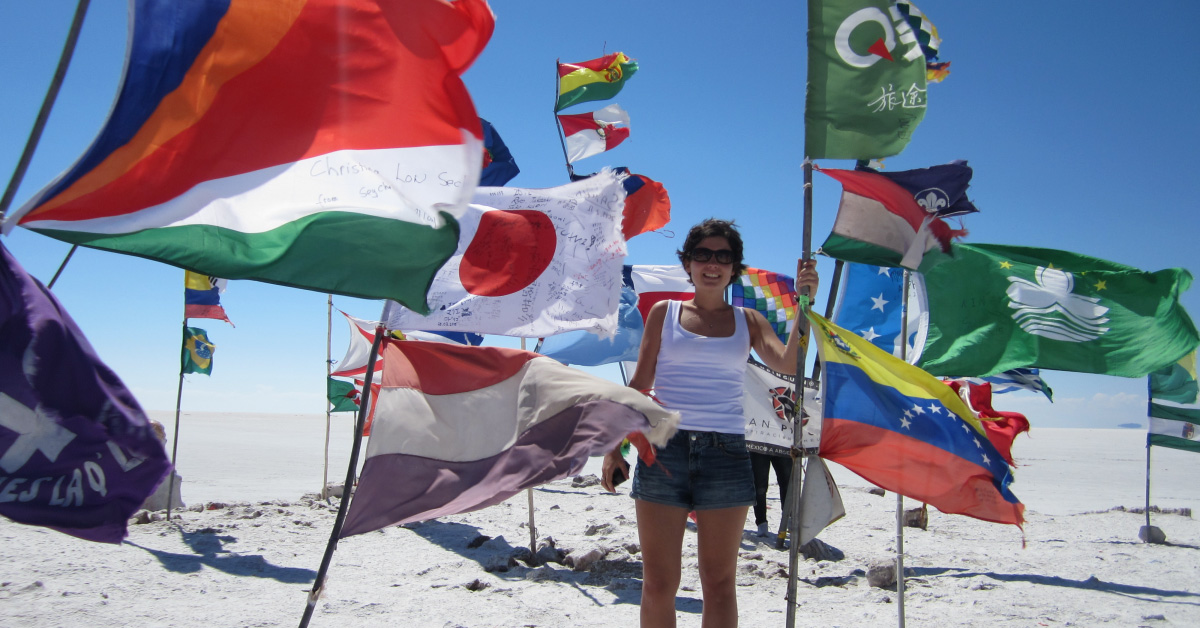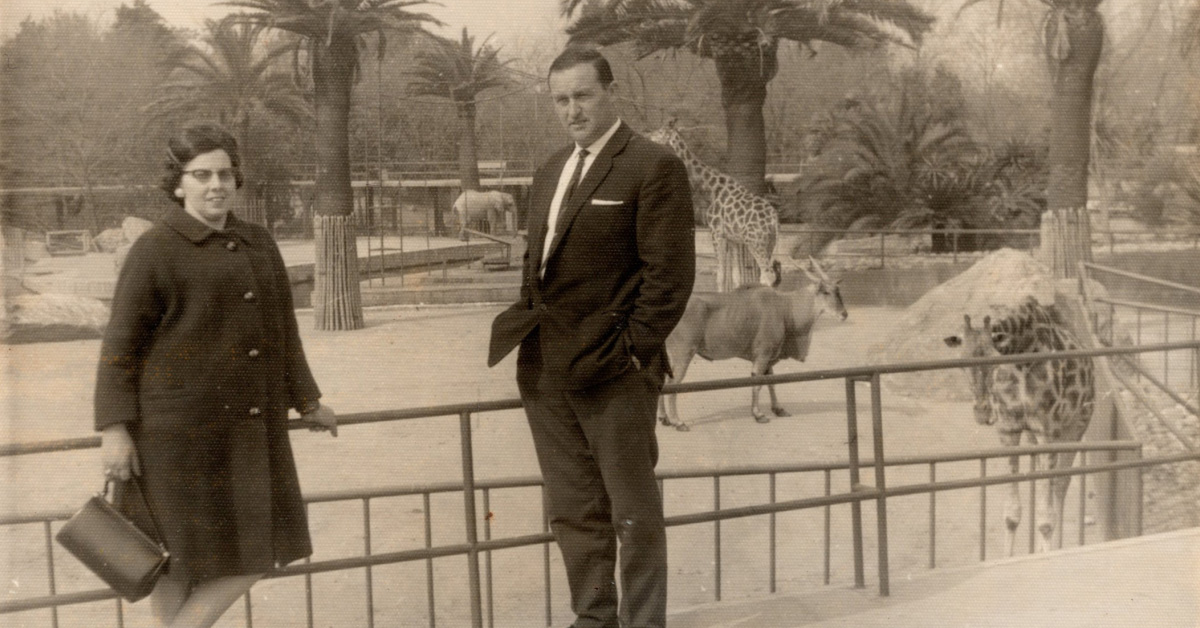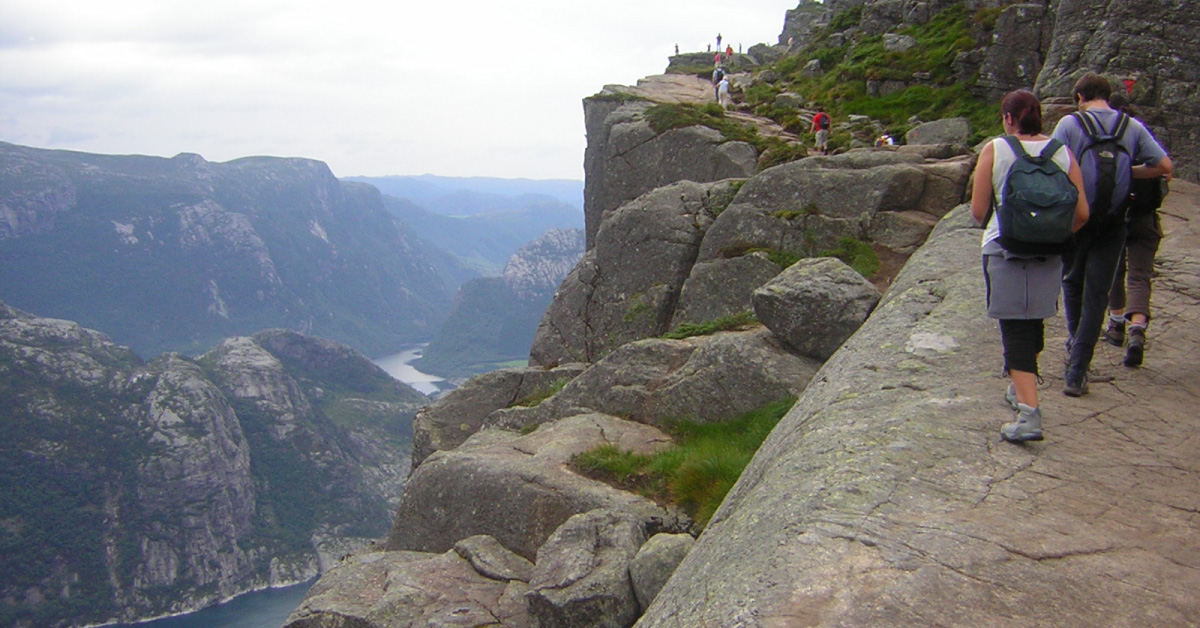Basque ethnography at a glance
“Where did you go for your holiday?” folks question one another, especially at this time of the year, in September. Successive answers to the foregoing question create uncomfortable competition regarding the originality of visited places. Enviable images taken, constantly shared and published on social networks, anecdotal memories which energize autumn conversations, and our tanned skin upon return provide friends, family, acquaintances, and followers irrefutable evidence that we have much enjoyed our holidays. As a matter of fact, our enjoyment of the holiday break is nowadays associated, almost necessarily, to travel, to the need to leave our usual surroundings, the general assumption being that the more distant the destination, and the more unique the experience, the greater our enjoyment.
Travel would historically be motivated by different reasons; however, the generalization of trips abroad as a form of leisure is a fairly recent phenomenon. Only two generations ago, in the 1920s and 1930s, the honeymoon trip would be the first, and in many cases, the only sightseeing excursion for rural social classes with low purchasing power. Most newlyweds set off by train or bus to destinations, depending on their origin, such as Bilbao, Donostia, Gasteiz, Iruñea, Santander, or Logroño, where they stayed for no longer than a day or two, lodged in a modest guest house or with relatives, because the cost of a hotel stood out of their economic reach. Couples with richer resources, in turn, travelled to more distant places, such as Zaragoza, Madrid or Barcelona.
Subsequently, in the 1960’s and 1970’s, progressive economic improvement allowed for one- or two-week honeymoon trips, with Canary Islands and Balearic Islands, together with Andalusia, as preferred destinations for new spouses, accessed generally by airplane via Madrid or Barcelona. That is the beginning of the expansion of tourism, and of the number and typology of travellers, increasingly diverse in age and socio-economic background, extending their escapades far beyond the limitations of yesteryear honeymoons.
The change in the legal framework for labour relations has been decisive, since the current trend is for both spouses to seek employment outside the home. Moreover, relentless advances have favoured a fundamental qualitative leap in transportation, the airplane becoming the main means of transport, and the proliferation of low-cost airlines has contributed to the multiplication and popularization of tourist trips. A wide range of travel agencies and companies, specializing in the organization of tours, have promoted travel as a consumer product. And as a result of it all, more and more journeys are made, and outings and stays are longer, both in terms of distance and duration.
In today’s fast-paced world and consumerist society, we constantly yearn to find new and more intense sensations, and at the same time, need to show, shamelessly and proudly, each and every achievement. But the satisfaction of displaying our tourist experiences is sometimes opposed to the anxious competition we are likely to initiate to prove to others that our holiday adventures are more exciting and exclusive. On the contrary, voyages made by our grandparents were limited to their wedding trip, and not for that would they suffer from declining self-esteem, nor would they participate in any rivalry with their kith and kin or neighbours. Our ancestors did not have the possibilities we have today, and therefore, did not encounter the imperative need to travel; they lived free from the anguish and sorrow which we feel today when we cannot go on holiday.
Zuriñe Goitia – Anthropologist
Translated by Jaione Bilbao – Ethnography Department – Labayru Fundazioa




